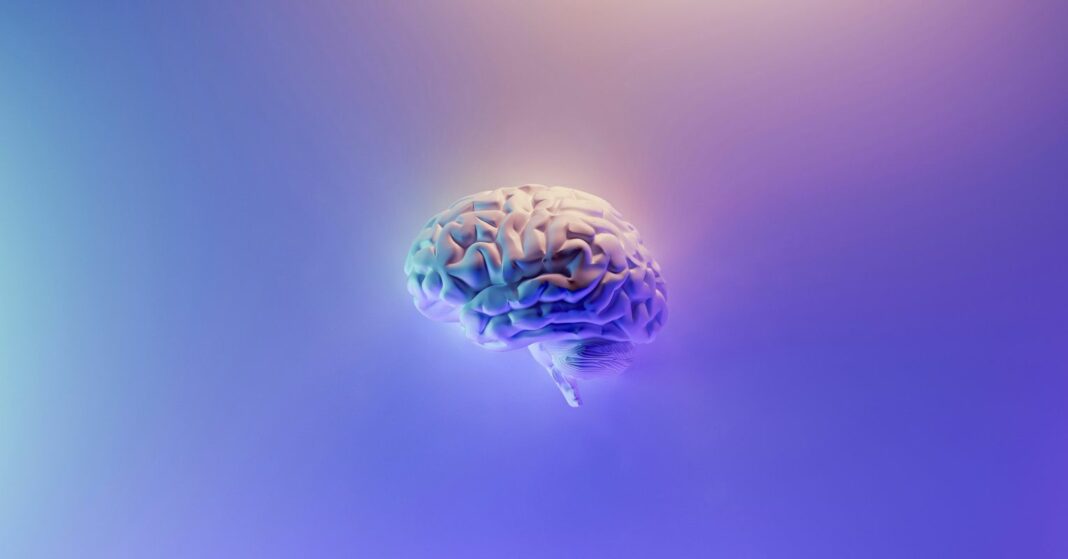Locus of Control: Who Has Power Over What Happens to Us?
What is Locus of Control?
Locus of control is a psychological concept that refers to the extent to which individuals believe they have control over the events and outcomes in their lives. It was first introduced by psychologist Julian B. Rotter in 1954, who defined it as the degree to which people believe that they have power over what happens to them.
Internal vs. External Locus of Control
There are two main types of locus of control: internal and external. Individuals with an internal locus of control believe that they are in control of their own lives and that their actions and decisions determine their outcomes. On the other hand, individuals with an external locus of control believe that external factors, such as luck, fate, or other people, dictate what happens to them.
Internal Locus of Control
People with an internal locus of control tend to take more responsibility for their actions and are more likely to set goals and work towards achieving them. They believe that they have the power to influence their own lives and are more likely to seek out information and resources to help them reach their goals.
External Locus of Control
Individuals with an external locus of control tend to feel powerless and believe that external forces are responsible for their successes or failures. They may blame others or circumstances for their own shortcomings and may be less likely to take proactive steps to change their situation.
Impacts of Locus of Control
Research has shown that locus of control can have significant impacts on various aspects of individuals‘ lives, including their mental and physical health, career success, and relationships. Individuals with an internal locus of control are more likely to experience higher levels of self-esteem, motivation, and overall well-being.
Conclusion
Overall, locus of control plays a crucial role in determining how individuals perceive and respond to the events in their lives. Those with an internal locus of control tend to have a more proactive and positive outlook, while those with an external locus of control may struggle with feelings of helplessness and lack of agency. By understanding and working to shift our locus of control more towards the internal end of the spectrum, we can empower ourselves to take control of our lives and create the outcomes we desire.
FAQs
What factors contribute to an individual’s locus of control?
Several factors can influence an individual’s locus of control, including upbringing, personal experiences, and cultural influences. For example, individuals who have been raised in environments that emphasize personal responsibility and hard work are more likely to have an internal locus of control.
Can locus of control change over time?
While locus of control tends to be relatively stable over time, it is possible for individuals to shift their beliefs towards a more internal or external locus of control through self-reflection, therapy, and personal growth. By consciously challenging negative beliefs and taking proactive steps to change their mindset, individuals can gradually shift their locus of control towards a more internal orientation.




